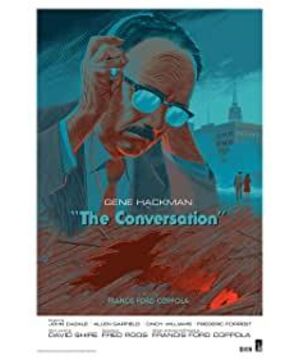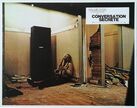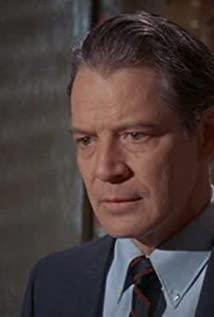Justin Khoo mentioned in his podcast that there is a line in Coppola's "Dialogue" and the actor read it very cleverly.
(1) He'd kill us if he got the chance.
The audience heard this sentence twice in the film. For the first time, the man put the stress on the verb:
(2) He'd KILL us if he got the chance.
The second time, the woman put the stress on HE'D and US:
(3) HE'D kill US if he got the chance.
When we first heard this sentence, like our eavesdropping experts, we felt that the men and women were in danger of life, and their superiors might seize the opportunity to get rid of them. When she heard this for the second time, the woman put the stress on HE'D and US. This is not the same as when I heard this for the first time. We know that in the end it was the men and women who worked together to get rid of their boss. This sentence is used to convey such a meaning:
(4) We should kill him. HE'D kill US if he got the chance.
However, you cannot say this:
(5) We should run. He'd KILL us if he got the chance.
You can change the emphasized position:
(6) We should run. HE'D kill US if he got the chance.
Traditionally, a sentence can convey different meanings due to different accents. People usually use the word only to constrain the characteristics of a specific field of context to explain the above phenomenon. Justin Khoo said that he did not know how to explain this phenomenon. He mentioned emphases, focus, and alternatives. You can also use information structure to explain this phenomenon (Lepore&Stone 2015). However, the problem is that the existing general explanation is only that, assuming that the existence of stress helps us to select the only set of options, we can express the negation of the stronger words in the set of options by affirming a weaker word.
Let's assume that the propositions they express are the same, so why is (5) strange, but (6) makes sense? I don't understand either. Or, if we complicate things, what will happen?
View more about The Conversation reviews











